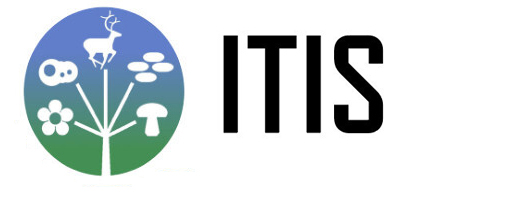Taxonomic Hierarchy
| |
|
|
|
| | Kingdom | Animalia
– Animal, animaux, animals |
|
| | Subkingdom | Bilateria
– triploblasts |
|
| | Infrakingdom | Protostomia
|
|
| | Superphylum | Ecdysozoa
|
|
| | Phylum | Arthropoda
– Artrópode, arthropodes, arthropods |
|
| | Subphylum | Hexapoda
– hexapods |
|
| | Class | Insecta
– insects, hexapoda, inseto, insectes |
|
| | Subclass | Pterygota
– insects ailés, winged insects |
|
| | Infraclass | Neoptera
– modern, wing-folding insects |
|
| | Superorder | Holometabola
|
|
| | Order | Lepidoptera
– butterflies, moths, papillons, papillons de nuit, Borboleta, Mariposa |
|
| | Superfamily | Papilionoidea Latreille, 1802
– butterflies, papillons |
|
| | Family | Nymphalidae Rafinesque, 1815
– admirals, anglewings, brush-footed butterflies, checker-spots, crescent-spots, fritillaries, mourningclocks, purples, brushfoot butterflies, Brushfooted Butterflies |
|
| | Subfamily | Nymphalinae Rafinesque, 1815
– True Brushfoots |
|
| | Tribe | Nymphalini Rafinesque, 1815
|
|
| | Genus | Polygonia Hübner, 1819 |
|
| |
|
Direct Children: |
|
| | Species |
Polygonia comma (T. Harris, 1842)
– Eastern Comma | |
| | Species |
Polygonia faunus (W. H. Edwards, 1862)
– Green Comma, green comma, polygone à taches vertes | |
| | Species |
Polygonia gracilis (Grote and Robinson, 1867)
– Hoary Comma, hoary comma, polygone gracile | |
| | Species |
Polygonia interrogationis (Fabricius, 1798)
– Question Mark | |
| | Species |
Polygonia oreas (W. H. Edwards, 1869)
– Oreas Comma | |
| | Species |
Polygonia progne (Cramer, 1775)
– Gray Comma, gray comma, polygone gris | |
| | Species |
Polygonia satyrus (W. H. Edwards, 1869)
– Satyr Comma, satyr angle wing, polygone satyre, satyr anglewing | |
| |
|
|
|
|

